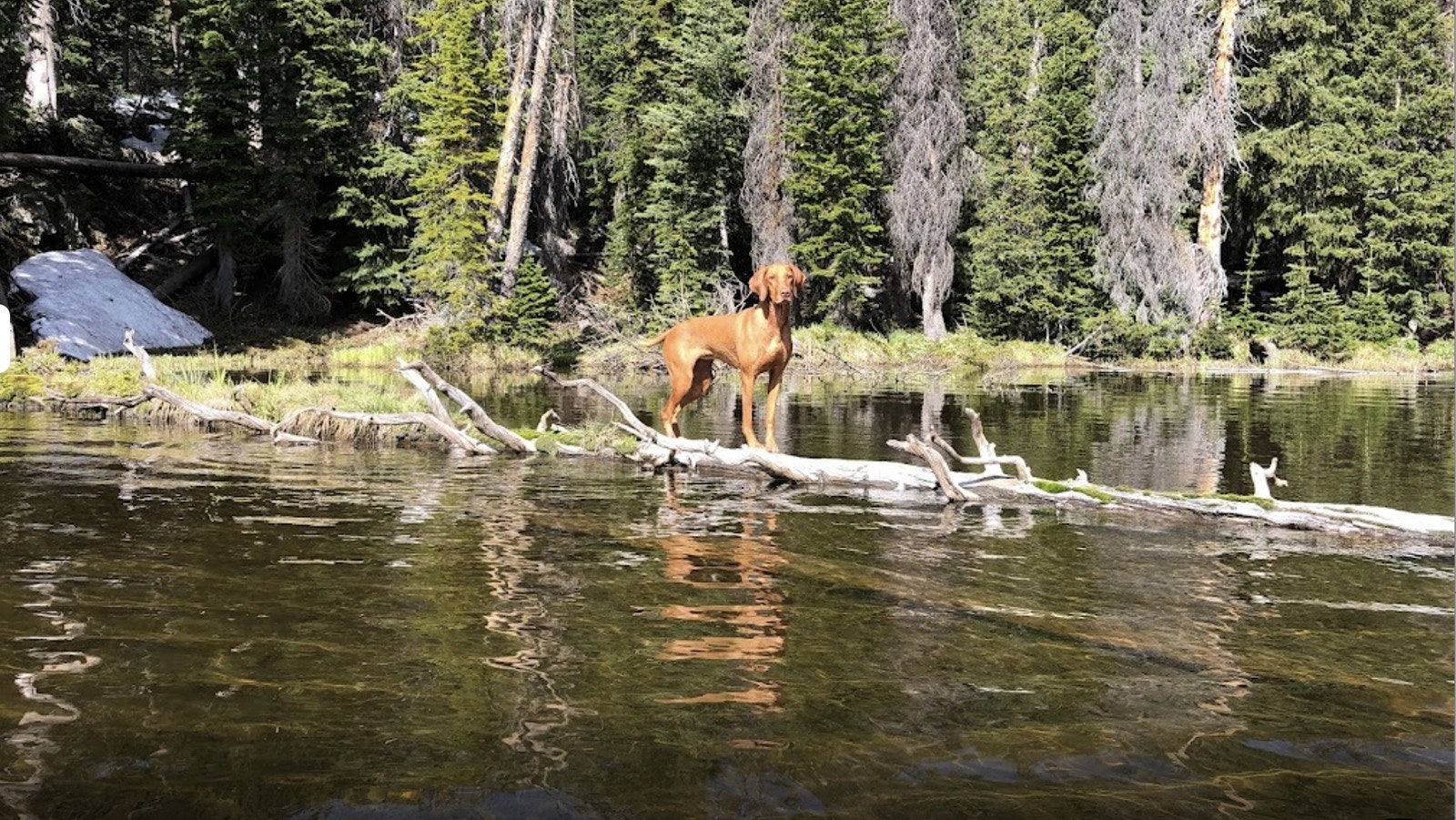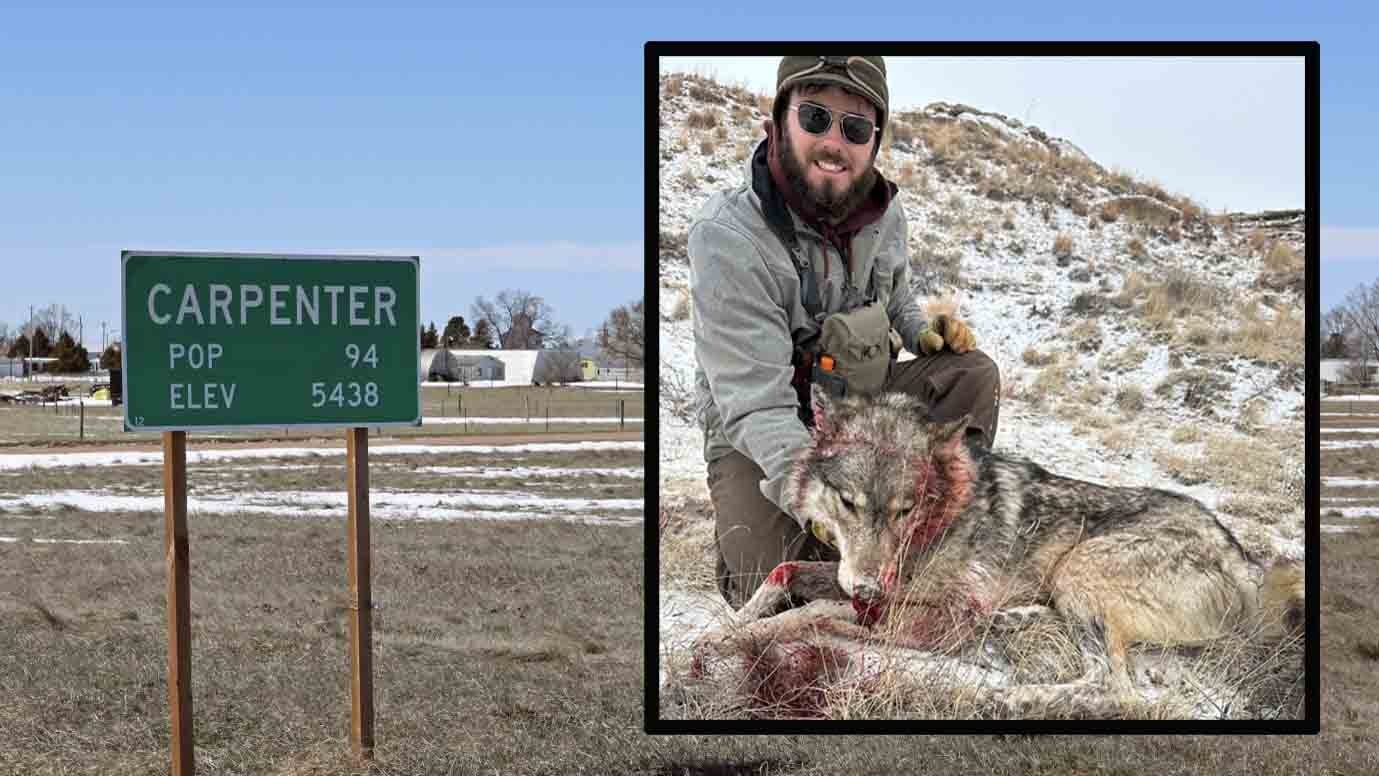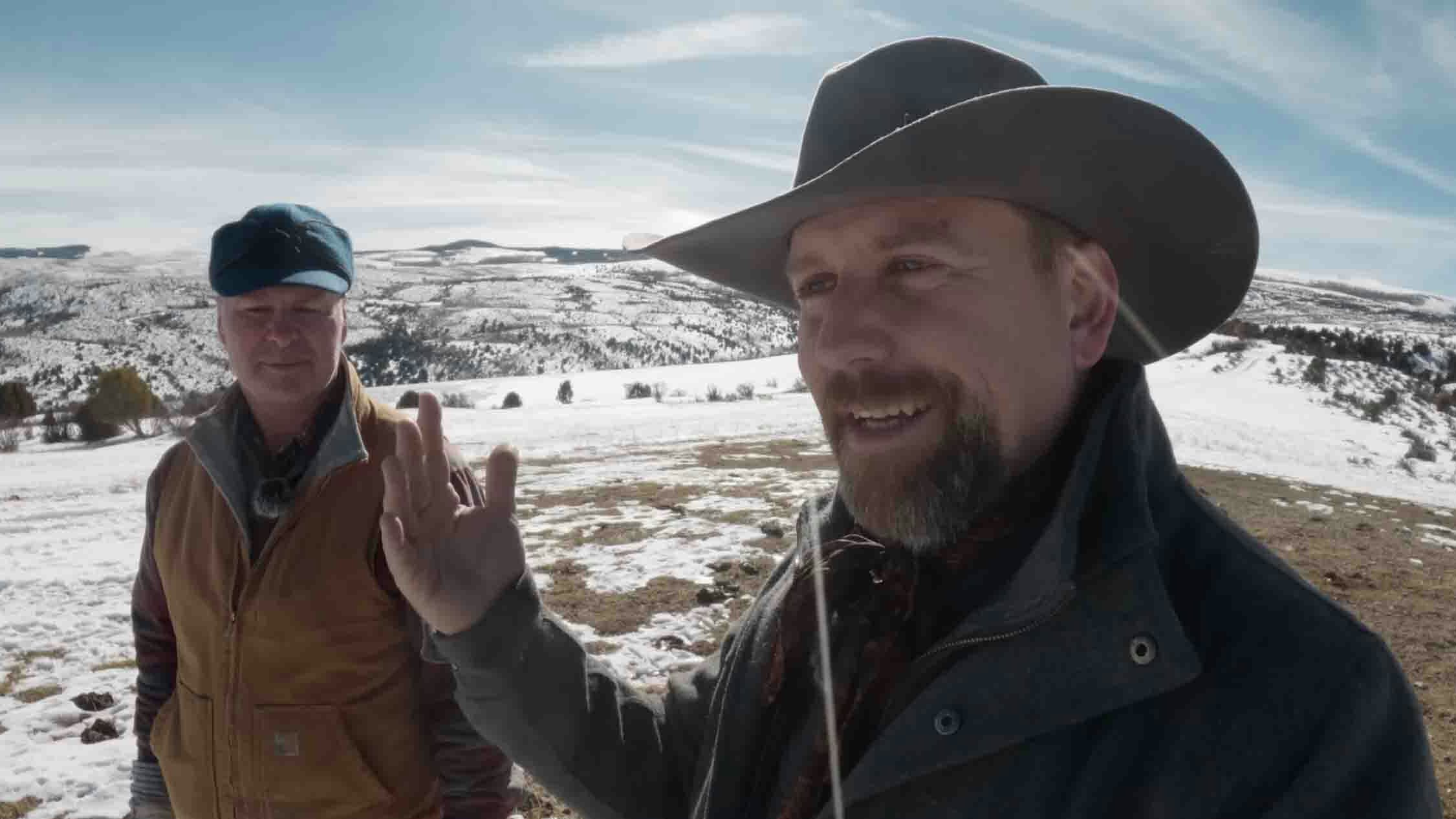Swastika Lake may soon be known by another name.
Wyoming Board of Geographic Names Executive Director Shelley Messer told Cowboy State Daily on Wednesday that she expects the name of the southern Wyoming lake will be changed in the near future.
In November, her board will consider a proposal to change the name of the relatively remote lake in the Medicine Bow National Forest 33 miles west of Laramie in the Snowy Range Mountains.
Those who want the name of the lake changed say the swastika carries the stigma of being the symbol used by the Nazi Party before and during World War II.
In June, Albany County commissioners voted 2-1 to recommend changing the name of the lake to Knight Lake in honor of Samuel Howell Knight, a renowned local geologist and paleontologist who spent extensive time working in the Medicine Bow.
The state board also may offer a similar recommendation or can recommend to not change the name of Swastika Lake.
The state and county recommendations are only that, and it is up to the U.S. Board on Geographic Names to make a final determination. Messer said that decision could come as early as the beginning of next year.
Messer said the U.S. Forest Service will weigh in on the matter, input she says carries significant weight.

For And Against
Messer said she hasn’t received any feedback from anyone in the public opposing the change.
“When you combine the local support and the fact the public hasn’t reached out with dismay, I expect it to be changed,” she said.
While the state board may not have had any public input on Swastika Lake, the Swastika Lake naming debate caught the attention of people outside the southern Wyoming region like New England Patriots owner Robert Kraft, who sent a letter to Albany County commissioners urging them to recommend changing it.
Albany County Commissioner Terri Jones voted against the name change recommendation in June. She said the swastika symbol has a much deeper history that extends far beyond its use by Adolph Hitler and the Nazi Party.
Jones believes all history, positive and negative, should be taught and that by keeping Swastika Lake’s name, it can serve as a teaching point for those who visit to learn about one of the worst atrocities in history. Messer agrees there’s a “very delicate line” when navigating these types of issues.
Those who support the name change say they view keeping the lake’s current name as honoring and celebrating the swastika and everything it stands for.
Albany County commissioners Sue Ibarra and Pete Gosar previously said they don’t believe the word “swastika” belongs on anything.
Deeper History
Albany County historian Dicksie May agrees with Jones and believes history should be nonpartial.
“It would be great if those who don't understand some of our history would take the time to educate themselves before they insist on changes,” she told Cowboy State Daily in June.
The swastika is an ancient religious and cultural symbol with connotations to good fortune and well-being. It continues to be used as a symbol of divinity and spirituality in Indian religions, including Hinduism, Buddhism and Jainism. The symbol also was used extensively by Native American tribes as a symbol of the four winds and good luck.
But despite this heritage, four tribes renounced use of the symbol in 1940.
Larger Movement
The Swastika Lake name change has been part of a larger movement to change the names of geographic landmarks and monuments deemed offensive in recent decades.
In 2022, the U.S. Department of the Interior announced that more than 640 geographic features containing the word “squaw” would have their names changed. This included 41 sites in Wyoming.
“Squaw” was declared a derogatory term by Interior Department Secretary Deb Haaland in November, who has pushed to replace the term with “sq—” for all official related communications.
According to a study published in People and Nature, there are 16 National Parks that host 21 places named for proponents of racism.
Also in 2022, the U.S. Board on Geographic Names approved the change of Yellowstone National Park’s Mount Doane to First Peoples’ Mountain.
Similarly, tribes have also requested a name change to Yellowstone’s Hayden Valley, but this has not yethappened.
Leo Wolfson can be reached at leo@cowboystatedaily.com.





